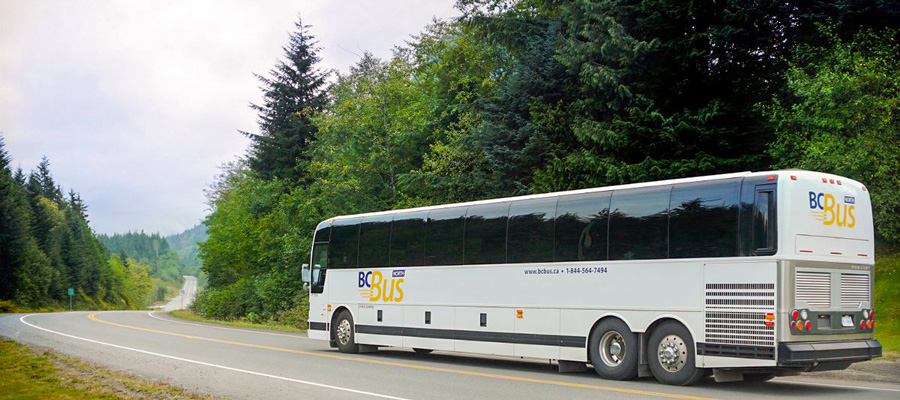Bike to Work Week and our transportation culture
Pouring rain marked the start of Vancouver’s Bike to Work Week (May 11 – 17) this year, but those who braved the weather conditions are being rewarded with a beautiful sunshine for the ride home.
Bike to Work Week is an annual event organized by the Vancouver Area Cycling Coalition, which aims to raise the profile of cycling as a feasible transportation option. Commuters are encouraged to register and track their distance cycled, and there are prizes to be won. This year, there is even a Bike to Vote event to encourage participation in tomorrow’s provincial elections (participants are entered for a draw to win a bike).
While I am not a cyclist myself, biking-related events make me think of the transportation culture in our cities. To state that North America is built around car culture is to state the obvious. Low-density communities are widespread in many cities and suburban expansion is entirely reliant on car ownership. Perhaps the most telling is the fact that the driver’s license is the default form of ID on this continent.
However, our love affair with the automobile has become increasingly problematic over time. First, it was the air pollution generated from motor vehicles, although that was somewhat abated with the introduction of catalytic converters and cleaner burning fuels. These days, the big issue is the greenhouse gas emissions generated from transportation and their contribution to climate change.
This is reflected in much of the discussion of transportation policy in this election, which has been framed around reducing emissions. On this blog, we have argued for increased government investment in a “greener” and more sustainable transportation network, including an expansion of public transit. This is an excellent plan for the short-run, considering that we are constrained by the urban planning decisions of the past, which favoured single-use neighbourhoods (commercial, residential or industrial), and by the governments’ decision to use physical infrastructure development to stimulate the economy and create jobs in the current recession.
In the long-run, however, a big part of our transportation policy should include rethinking the way we structure our cities, and creating more pedestrian-, bicycle- and transit-friendly communities (as argued in this recent post). Walking and biking are more environmentally friendly and considerably cheaper than taking the bus, and increasing our levels of physical activity offers many health benefits to boot.
The city of Vancouver has already taken some steps in becoming more bike-friendly, as outlined in this Vancouver Sun article. Their recent decision to convert one traffic lane of the Burrard bridge for bicycles (on a six-month trial basis) is another big step forward, but much more work is necessary. The provincial government we elect tomorrow should work closely with municipalities and provide them with sufficient funding to meet their transportation needs in a sustainable way.
Topics: Climate change & energy policy, Economy, Environment, resources & sustainability


